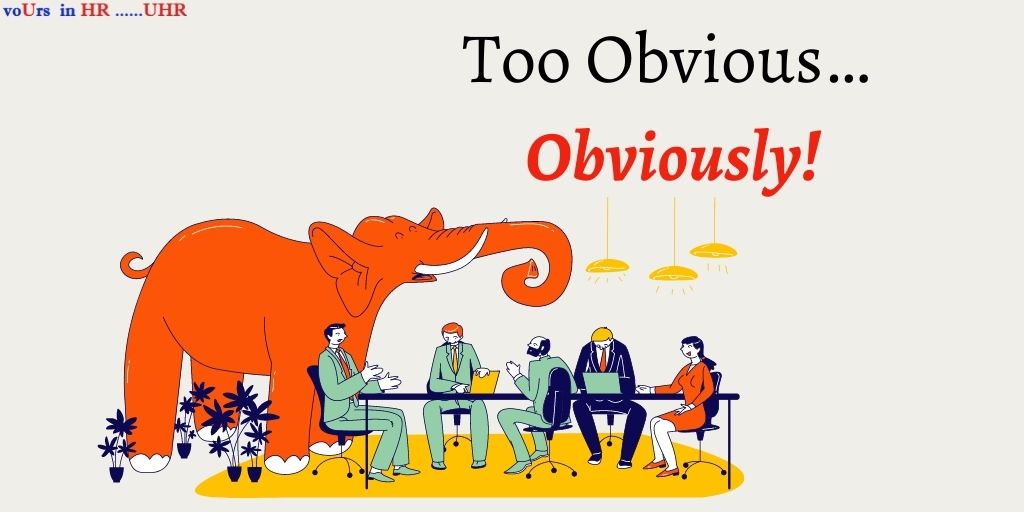
Say, you have been given some seeds, and it is expected that you will grow a forest out of it.
How would you go about with it?
Perhaps you will first try to determine in which soil do the said seeds thrive the most. Their nutrient requirements, how much water and sun do they need- all of this will be followed consistently.
You will know that since a forest is expected, it will take a long while. You may see the signs of the forest over the months and years, through the growth and such, so it’s not that you will not get any rewards or signs of your care in regards to the seeds.
But since you are to grow a forest, which may take a generation or two to grow, you will create something that will enable the future generations to also care and nurture that forest. Perhaps a guide or a set of instructions that lets one know how to care for the shrubbery grown so far, so that it one days grows into a forest. And continues to grow, with or without you.
You, and the ones who care for it will get the rewards in the form of the flowers and the fruits and medicinal herbs and countless other use that a growing forest rewards us with. Insects, birds, small animals, the microorganisms in the roots and the soil underneath- everyone will benefit.
Growing a forest takes some planning, time and effort. But once the system is in place, it thrives on its own, and it benefits not just the person who planted the first seeds and cared for it, but even the ones who become a part of that system, directly (through its nurturing and care) or indirectly (the ecosystem around it).
Now compare this with buying a bouquet of flowers from the market.
It will require some money, a good aesthetic taste, knowledge about good florist shops in the city. Once the bouquet has been gifted to someone, they will be quite pleased by it. They will probably try to preserve it for a while by keeping it in a pot for some time. They may preserve it longer after following some tricks and tips. They may decide to preserve the flowers for ten more days, and may reach that goal. Eventually, those flowers will wither away. Unless, someone knows how to replant something. Unless, they follow a system.
The difference between the gift of a forest, and the gift of a bouquet is a system.
A quote by author James Clear comes to mind:
Goals are for people who care about winning once
Systems are for people who care about winning repeatedly.
We believe both mindsets are necessary, and it might be a wise thing to understand what the situation demands of us.
The choice is ours. Depending on the situation, we may decide if we want to invest in a bouquet or a forest. Short-term or long-term.
Winning over a client through some research about their preferences, their company- that is working towards a goal.
Brainstorming an idea with the team, and eventually concretizing the best idea- that is working towards a goal.
Starting a company of your own with its own operations and objectives, such that over time even people other than you, the founder may benefit through it, and be able to understand, follow and improve upon those operations and objectives- that is working up a system.
Starting a new department in a company, which takes into account the demands of the competition and that which also integrates the company’s objectives and culture- that is working up a system as well.
Goals are for the now, the immediate, the near future. They get completed. Objectives get accomplished.
Systems are built in the now and thrive through later; from the past, to the present, and for the future. They grow. They adapt. They live on.
Working on a goal, and working on a system, are both necessary. They both require different mindsets. Which of the two do we need to take up is a choice we can make. A choice that can make the kind of difference we want to make. Creating systems calls for choosing to create the forest; needing to do something now calls for the bouquet.





